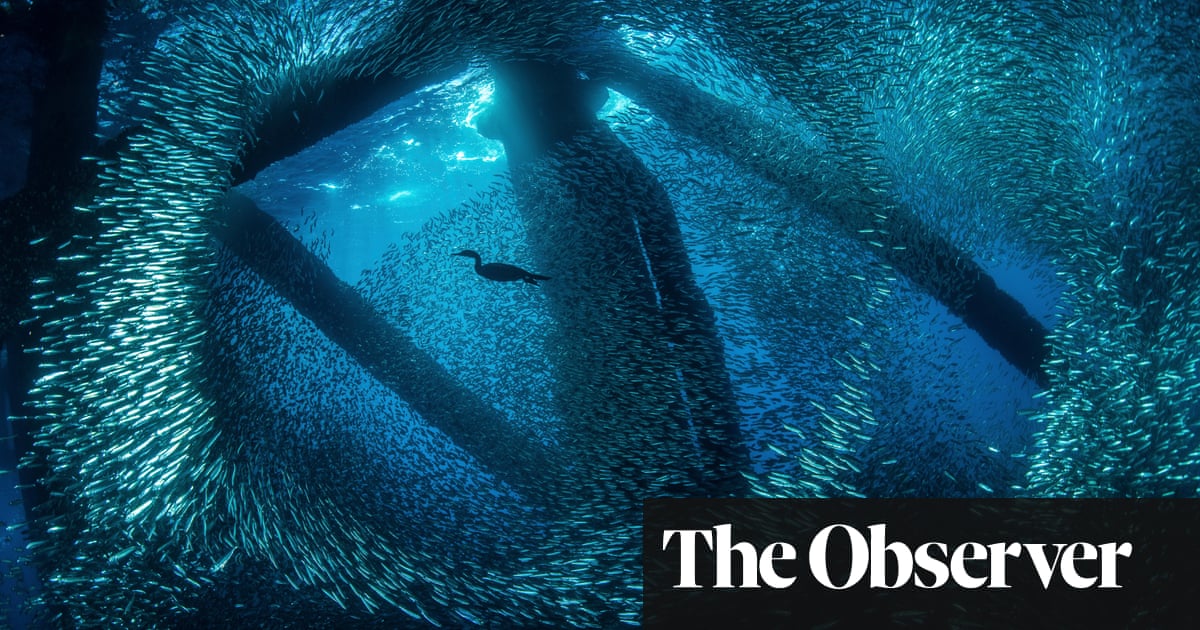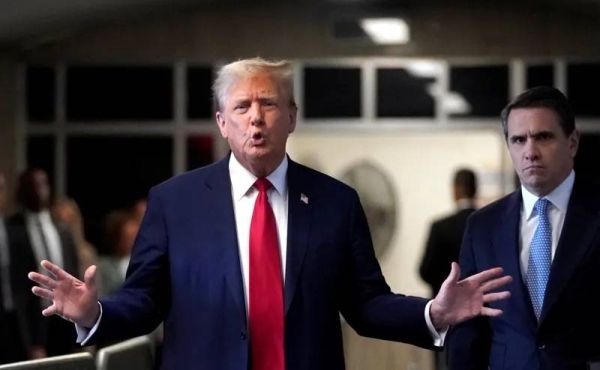
Australia’s first fringe festival for 2021 has become mired in controversy over a clause in performer and promoter contracts to deter criticism of the event’s sponsors.
Perth’s Fringe World, which opens on 15 January, attracted criticism and protests earlier this year over its longstanding sponsorship by fossil fuel giant Woodside.
In a bid to head off disruption of next month’s event, the organisers – not-for-profit company Artrage – have included in the festival’s main contract the stipulation that “the presenter and the venue operator must use its best endeavours to not do any act or omit to do any act that would prejudice any of Fringe World’s sponsorship arrangements”.
Included in Fringe World’s artists’ registration pack, the contract also states: “If you have an objection to a Fringe World sponsor, we ask that you consider whether participation in the festival is the right platform for your presentation.”
Performers who spoke to Guardian Australia said the clause effectively amounted to a gag order, curtailing comment on anything from climate change to local politics.
Comedian Tom Ballard told the Guardian the clause was “disappointing and concerning”.
“It’s a pretty obvious contravention of a commitment to freedom of expression,” he said.
Woodside, Australia’s largest gas and oil exploration and production company, is listed as the event’s principal partner and has naming rights for the festival’s central entertainment hub, the Pleasure Garden.
Other partners include City of Perth and Channel 7, meaning any jibes about Perth’s controversial new mayor, Channel 7 presenter Basil Zempilas, could also land participants in hot water.
Ballard performed in the Woodside Pleasure Garden in last year’s Fringe World and tackled the issue of climate change in his material, he said.
“If we don’t have artistic freedom, the chance to say what we want in those shows because of the commercial arrangements surrounding the festival, then I think we’re in really dicey territory, particularly now we’re really getting towards the crunch time with the climate crisis.”
Alternative cabaret artist and DJ Tomás Ford, who will be performing at the Woodside Pleasure Garden in January, said the clause was a “big overstep” and huge concern among local artists.
“Putting this kind of attempt of a non-disparagement clause in front of artists, it’s as though they’re employing artists and that’s actually not the function of a fringe festival at all,” he said.
“The function of a fringe festival is to create a context and facilitate a marketplace for independent producers to sell their works to an audience … the sponsorships are theirs, not ours as independent producers.”
The festival’s CEO, Sharon Burgess, said Artrage was not seeking to control performers or curtail the content of any performance.
“We just ask people, that if you hate what we do, well, [participation] is entirely optional,” she said.
A Woodside spokesperson said the company had played no role in the terms and conditions of Fringe World’s contracts.
“We sponsor Fringe World, we have no influence over content,” she said. “It’s entirely up to Fringe how they manage their content, and we provide sponsorship. That’s the end of it.”
Promoter Chris Dodd, who last year brought three artists from the UK to the festival, including comedian and political activist Kate Smurthwaite, said participants were concerned over what action the organisers might take for any breach of contract involving the event’s sponsors.
“Do you risk being banned from future fringes?” he said. “This is where it gets so vague and you don’t know what they’re going to do, you don’t know whether they might take money away from you, you don’t know whether you might get sued. Who knows.”
One of the environmental activists who has been lobbying Artrage to drop Woodside as a major sponsor received a cease and desist letter last December, which the Guardian has seen, over a number of Facebook posts criticising the sponsorship deal.
The Perth legal firm K&L Gates, which has also acted for Woodside in the past including in a 2014 high court challenge, said in the letter it was acting on behalf of Artrage.
Burgess told the Guardian nobody was going to get sued.
“But we do say, read our policy and decide if this is the platform for you,” she said.
“We respect the right for peaceful protests … we respect the voices that artists have, in fact we encourage them, so it wasn’t meant to be a gagging order or any kind.”
Burgess would not disclose how much the Woodside partnership was worth to Fringe World, saying only that it made up about 20% of the event’s sponsorship income.
According to Artrage Inc’s annual report, sponsorship revenue for 2020 was more than $4m, including $973,331 in cash.
Ballard said there was increasing recognition among cultural organisations that accepting sponsorship from fossil fuel companies would invariably attract criticism.
“This is clearly an arrangement that’s designed to provide Woodside with a social licence to keep doing what they’re doing, and to kind of art-wash them a little bit and distract us from their record on climate and emissions,” he said.
Ford said the issue of “arts-washing” by mining companies in Western Australia was of concern to local artists.
“You see big fossil fuel sponsorships around the country but here it’s harder to argue with because the industry is so intertwined in the city,” he said.
“It’s just a very accepted mode of sponsorship in this state.”












